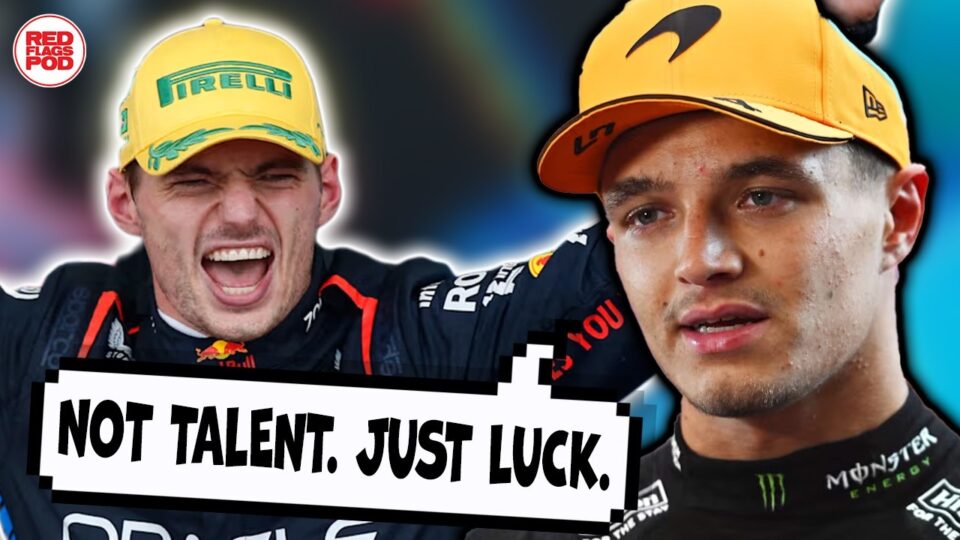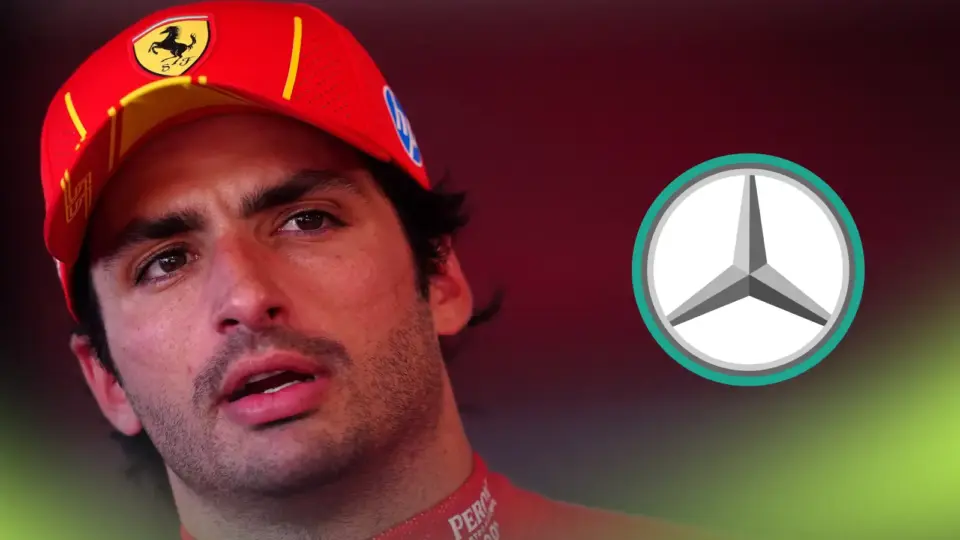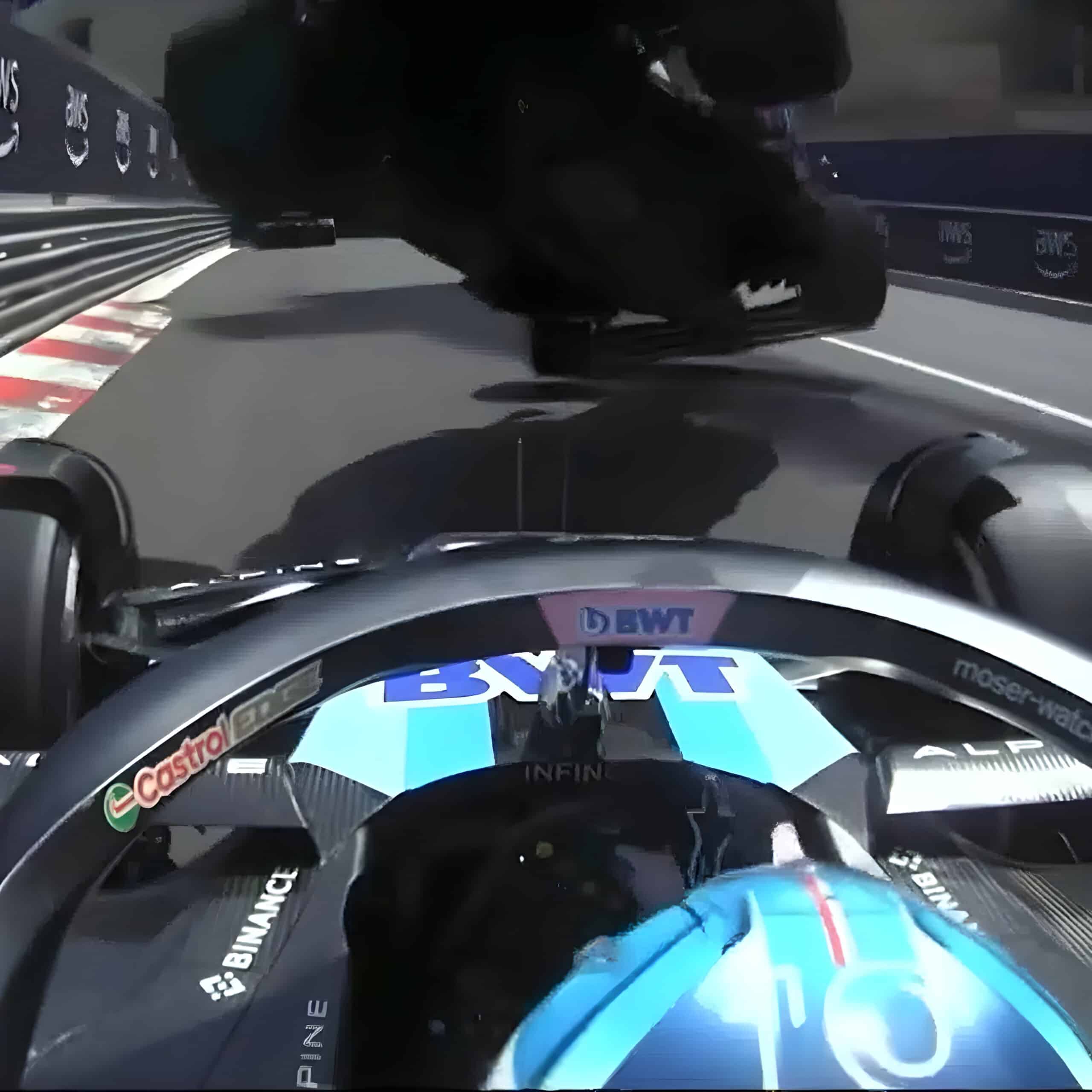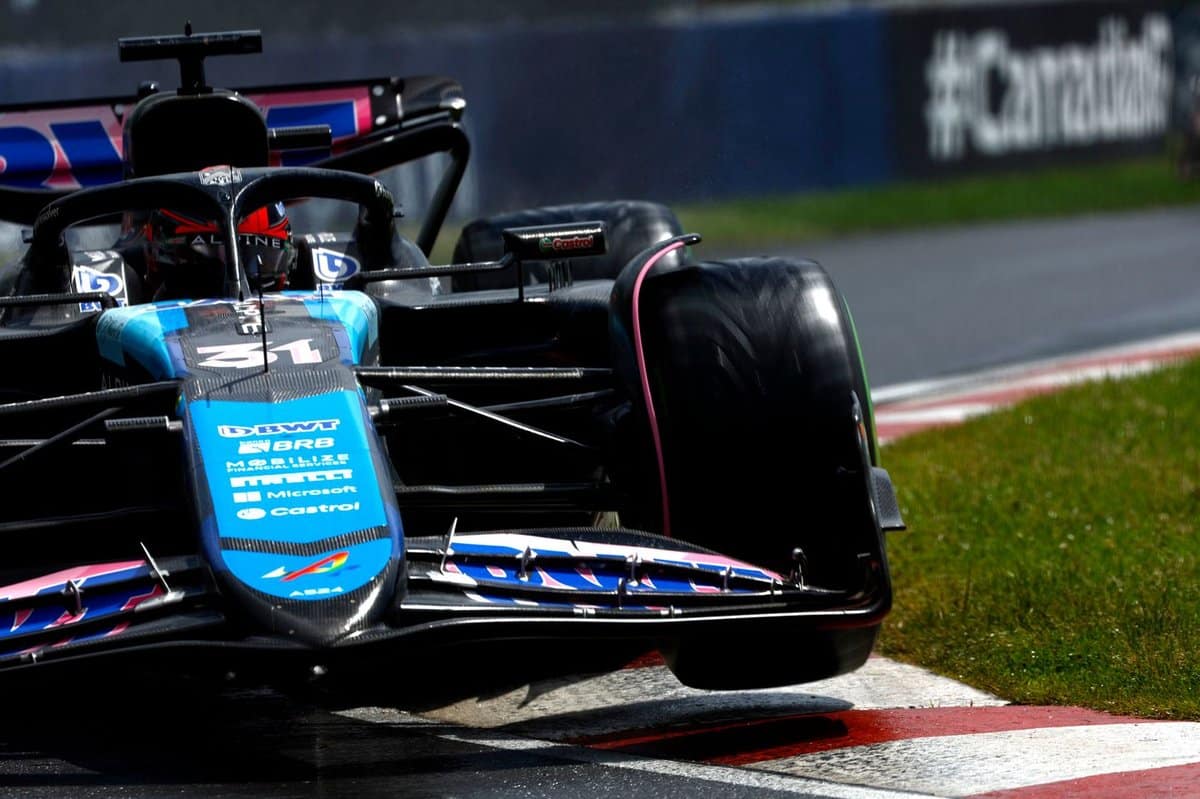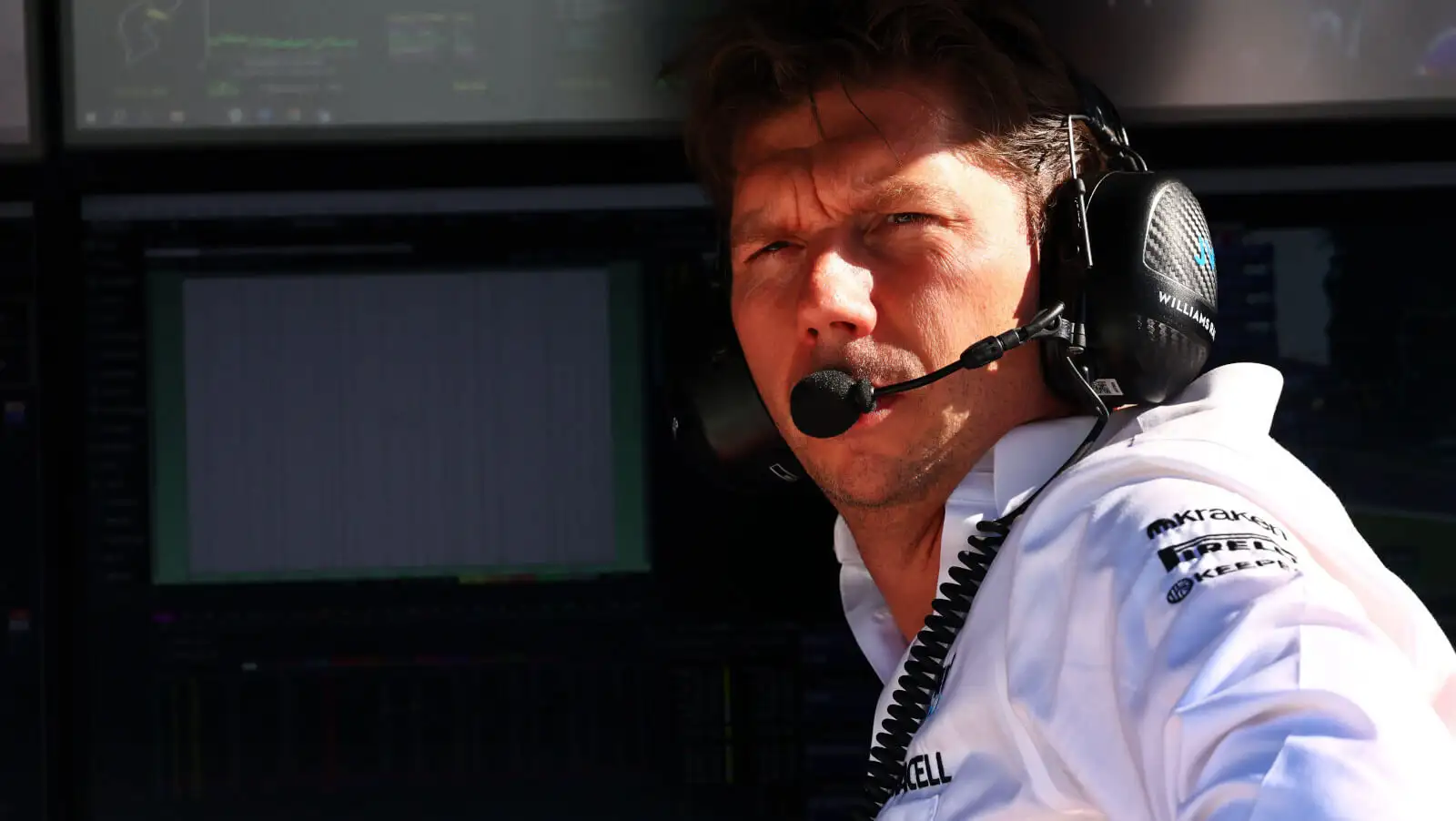Christian Horner, Red Bull’s team principal, expressed his sentiment regarding Renault’s decision to cease their F1 engine production by 2026.
- Renault plans to reallocate their historical F1 engine base, causing concerns within their ranks.
- The French team is expected to switch to a customer engine supply, possibly returning to Mercedes engines in 2026.
- Red Bull and Renault had a successful collaboration, achieving multiple championship wins during their partnership.
- Horner conveyed his regret over Renault’s withdrawal, acknowledging their significant contribution to Red Bull’s history.
Christian Horner, who has been at the helm of Red Bull Racing since 2005, recently shared his thoughts on Renault’s departure from the Formula 1 engine scene. He finds the decision to be a somber development, given Renault’s long-standing presence and contributions in F1. The French manufacturer’s choice to divert its resources from F1 has elicited mixed reactions within the industry.
Renault’s Alpine team, known for its racing pedigree, is leaning towards securing a customer engine, with many believing they might resume their association with Mercedes come 2026. This potential shift marks a significant realignment in the engine supplier landscape, particularly considering Renault’s past successes with Red Bull, which include four consecutive championship titles aided by their pioneering blown-diffuser technology.
The partnership between Red Bull and Renault, particularly during the Sebastian Vettel era, was instrumental in establishing Red Bull’s dominance in the early 2010s. However, the relationship experienced turbulence with the introduction of the V6-hybrid engines, leading Red Bull to eventually partner with Honda. Despite Honda’s official exit after the 2021 season, they have continued collaborative efforts with Red Bull, who are prepping their own in-house engine with Ford’s expertise for the 2026 regulations.
Horner, speaking to the media, expressed his disappointment at witnessing another engine manufacturer leaving the sport. He highlighted Renault’s historical involvement at Viry and recognized the substantial talent and dedication of the people associated with the project. He noted, “I’m always sad to see an engine manufacturer go. Viry has been involved in Formula 1 for many, many years. I understand they have other projects that they are involved in.”
The announcement has also stirred sentiments of discontent at Renault’s engine base in Viry-Chatillon. A union representative described the decision as a “betrayal,” emphasizing the team’s past achievements and their potential for more success. According to an anonymous insider, Renault’s 2026 engine might have rivaled the dominant Mercedes engines, as they had made significant advancements in their technology. The absence of a test run before the project’s cessation added to the air of frustration and unrealized potential.
Christian Horner’s reaction underscores the complex dynamics and emotions surrounding Renault’s strategic withdrawal from the F1 engine arena.

